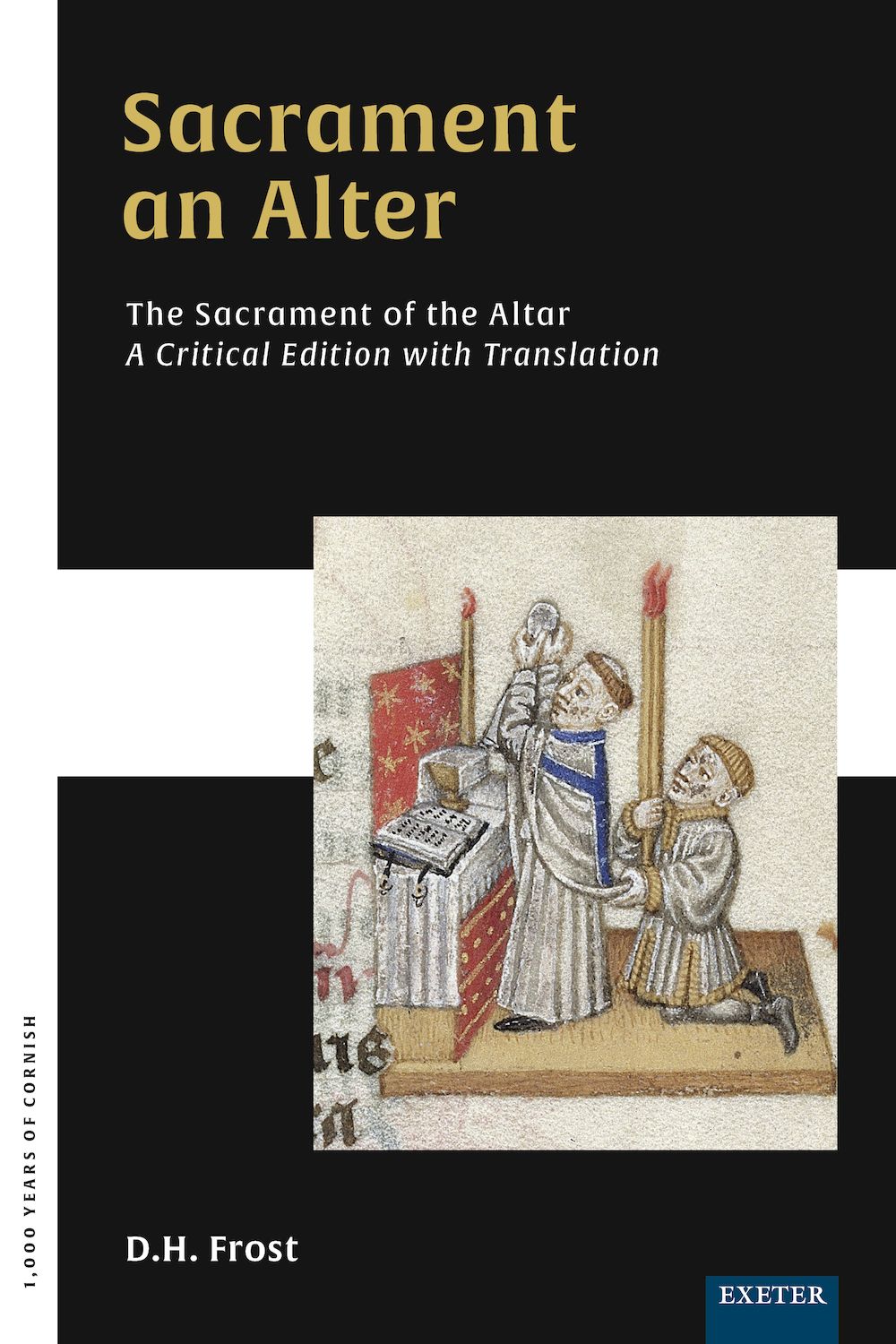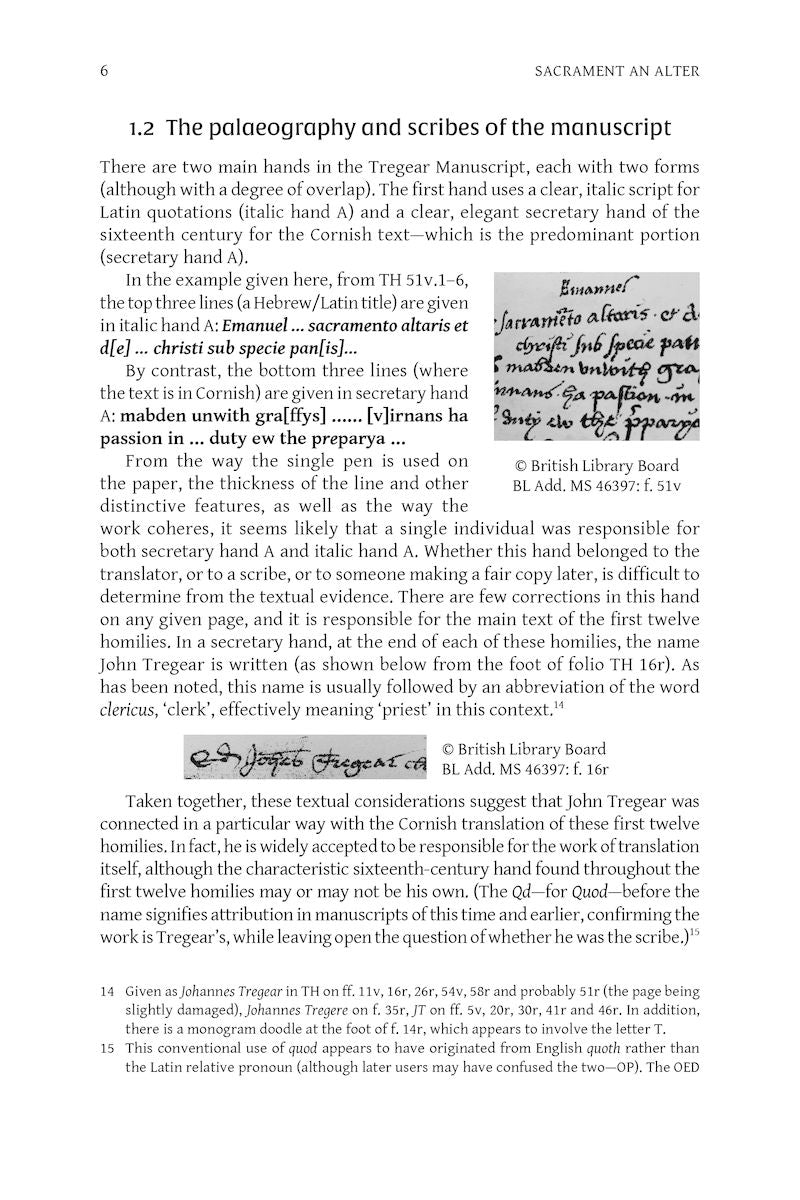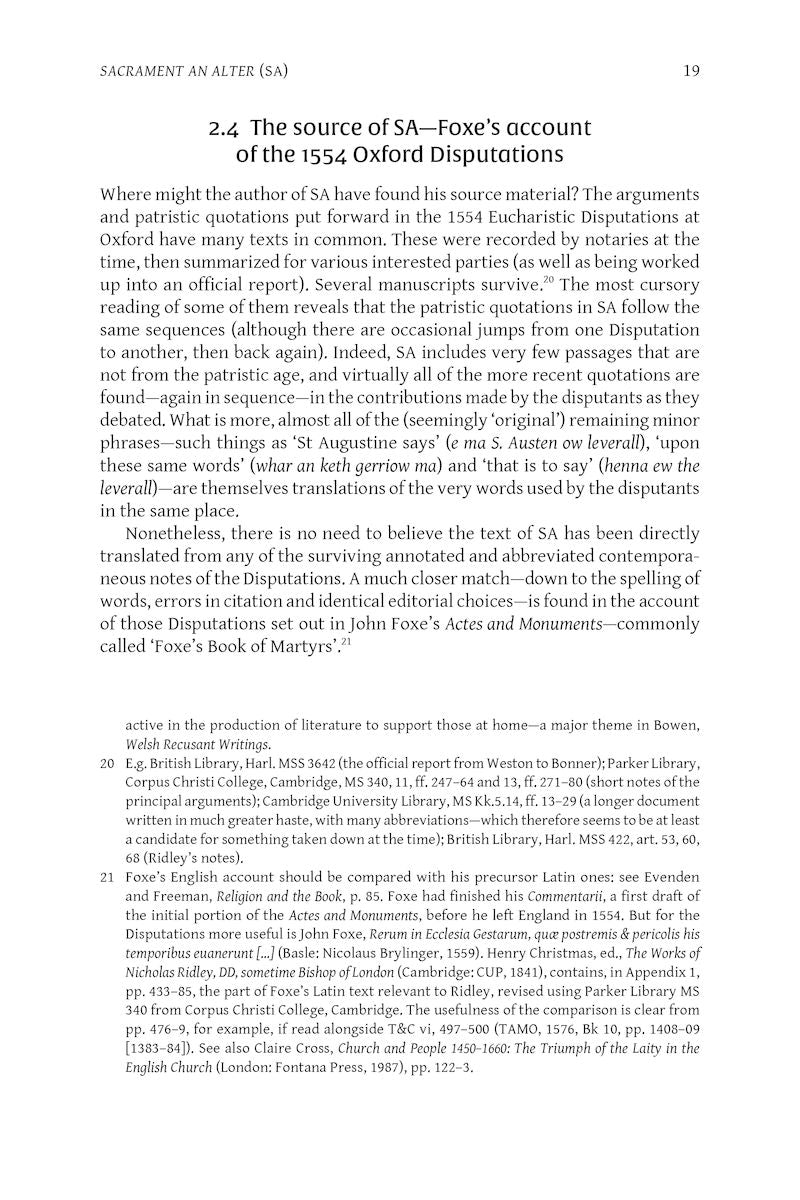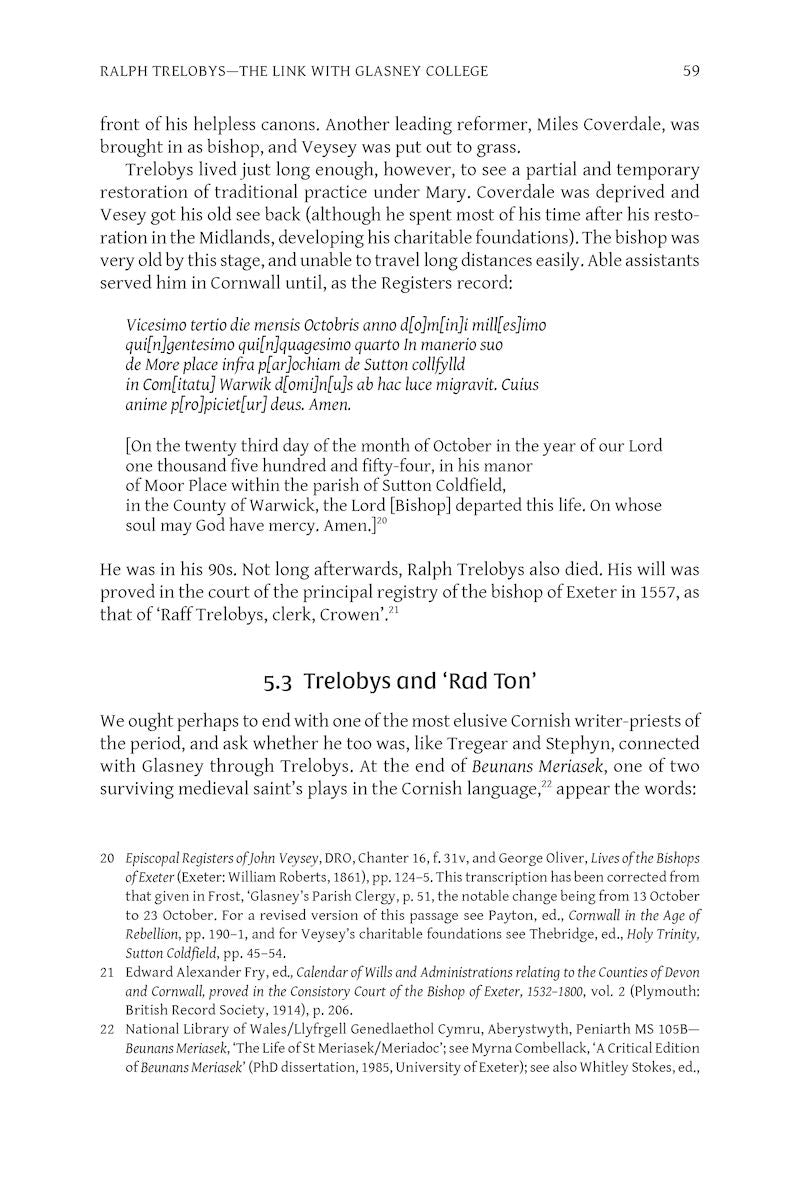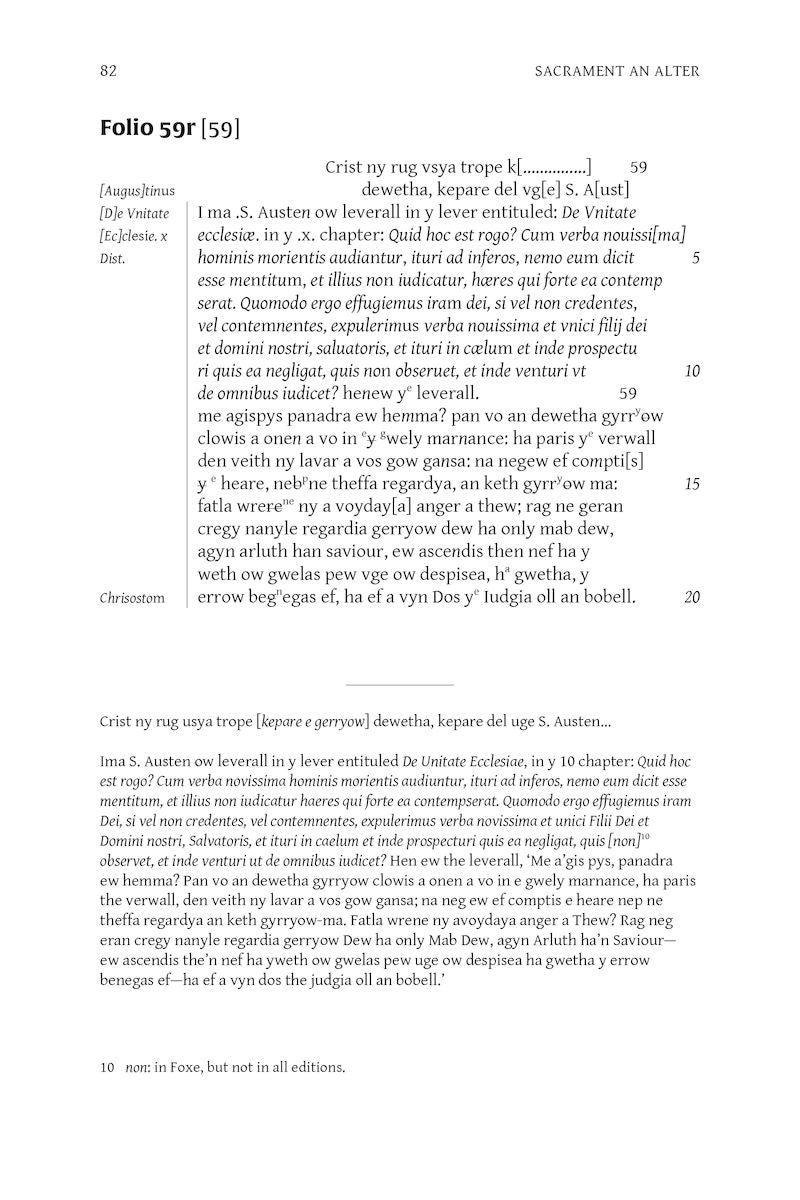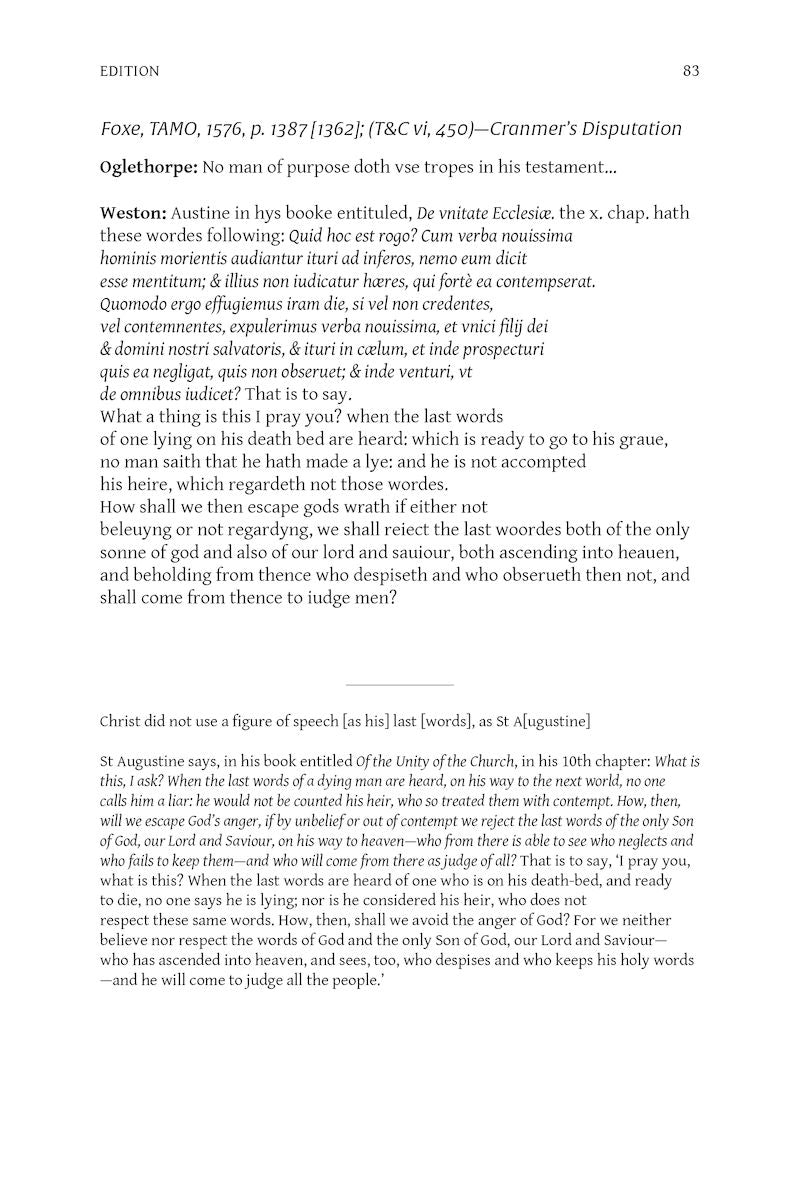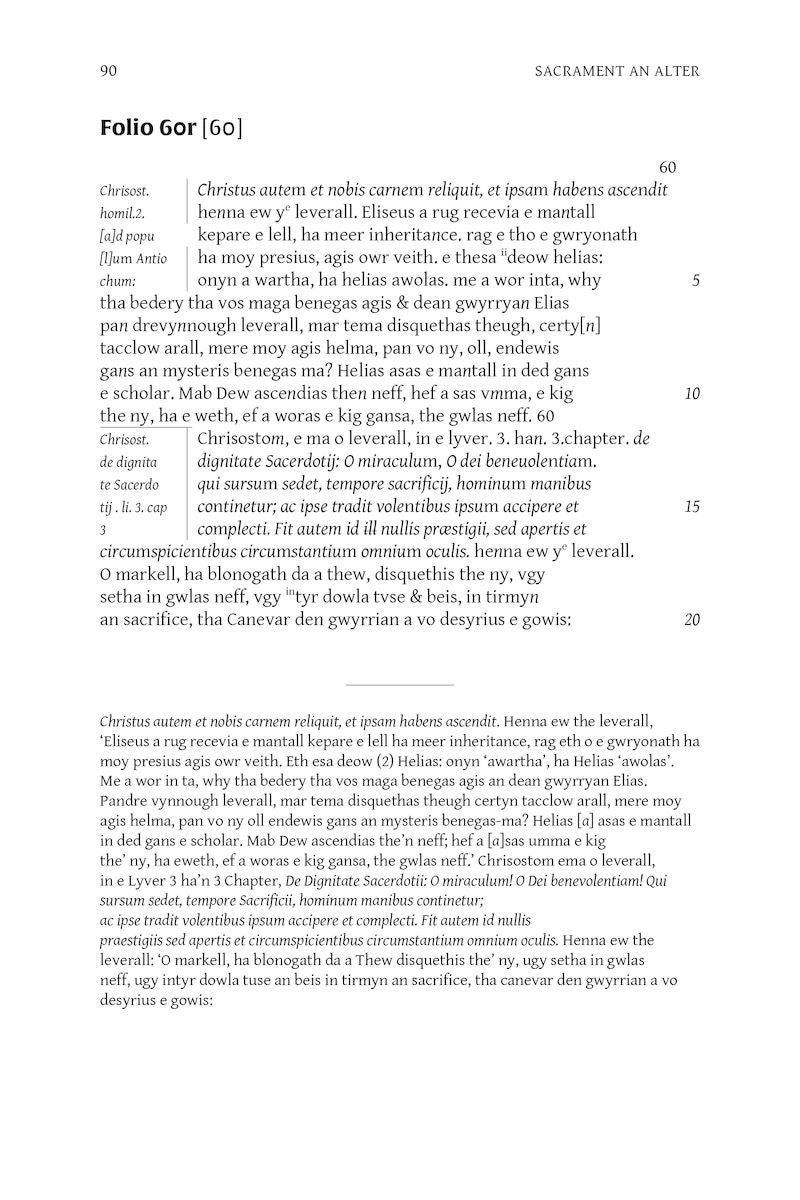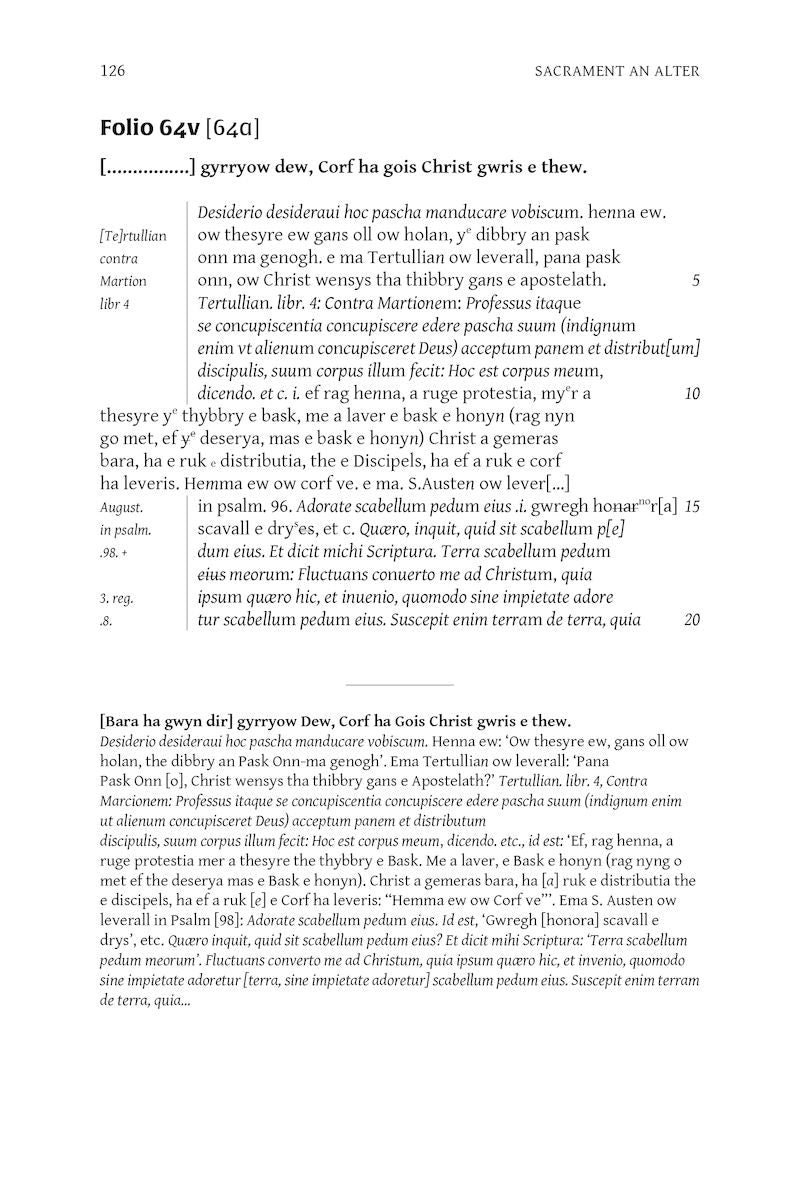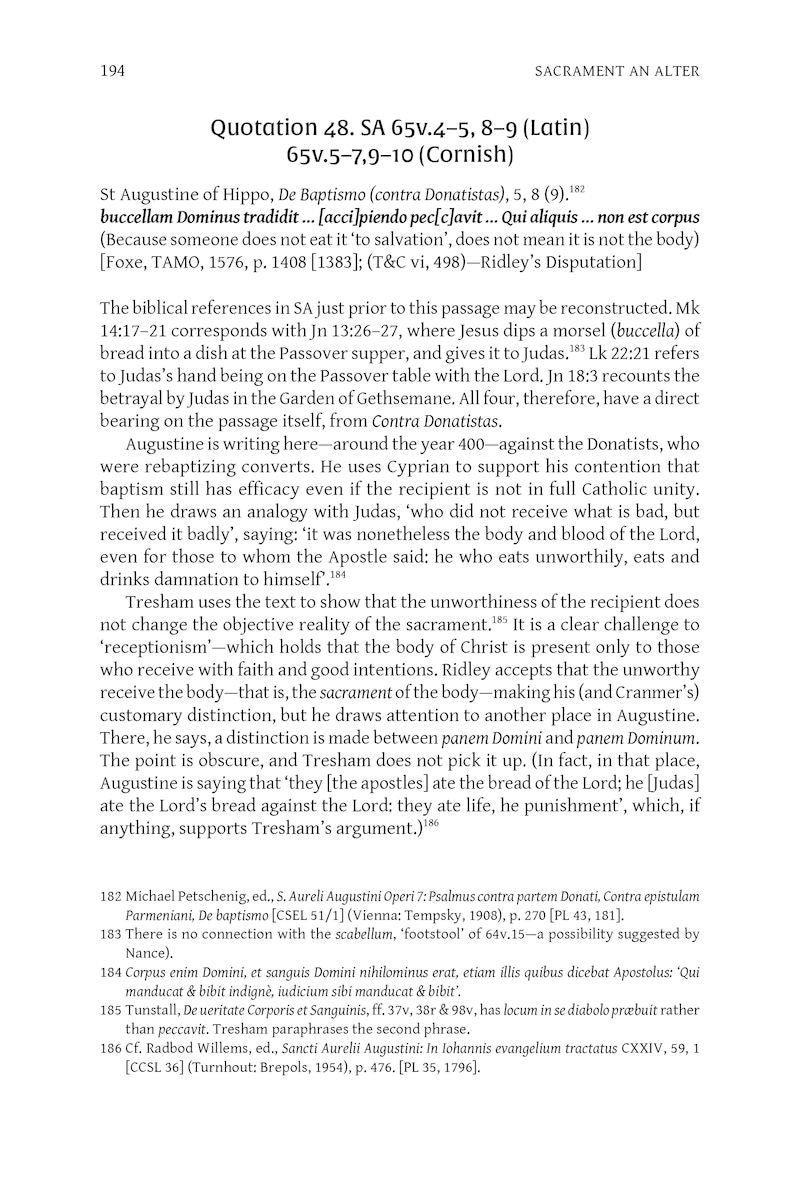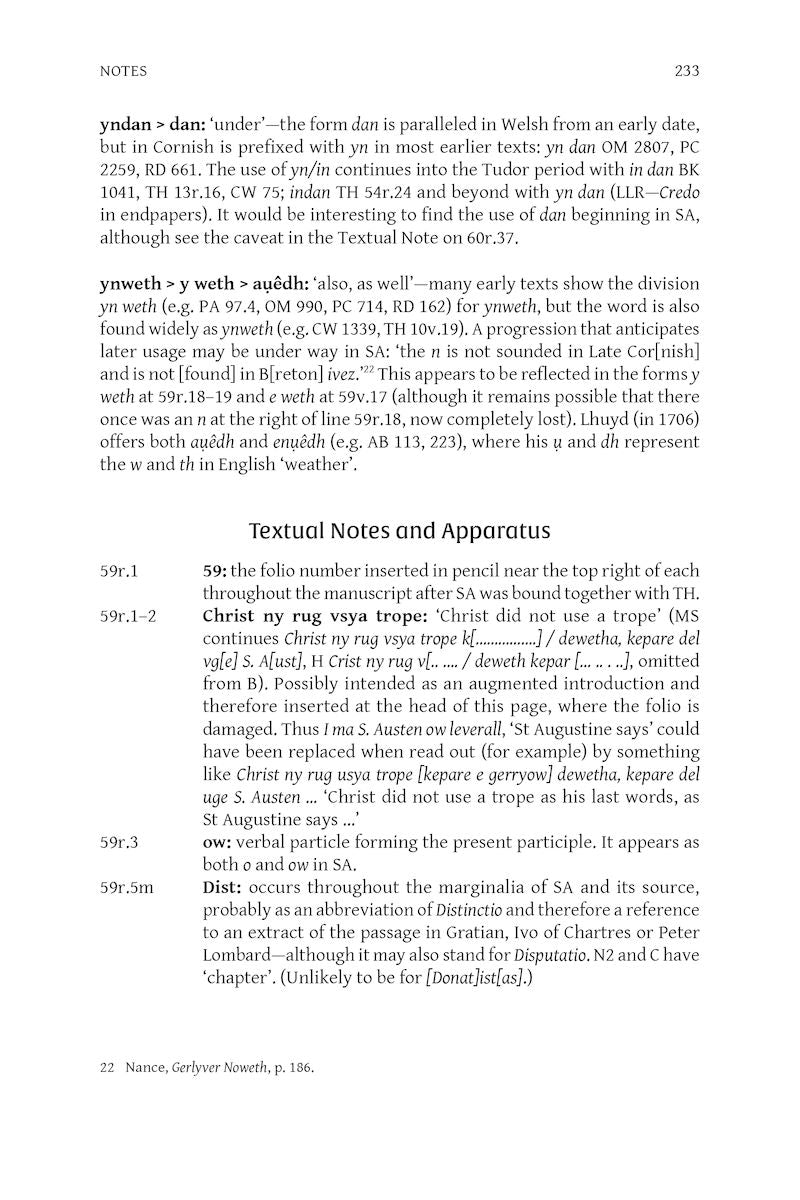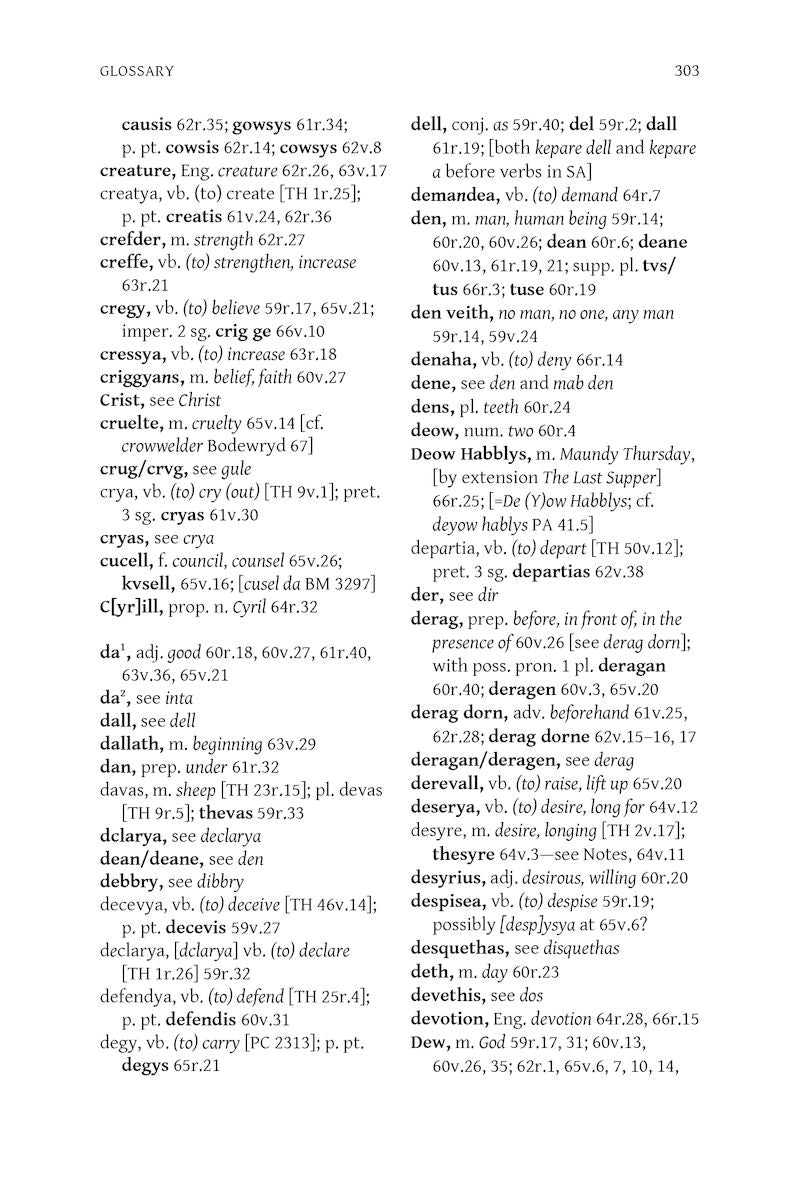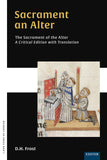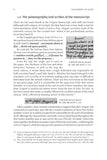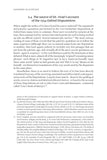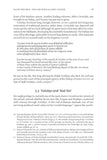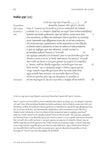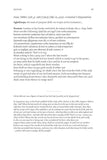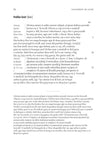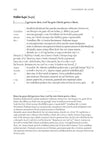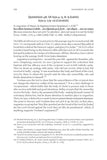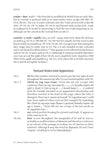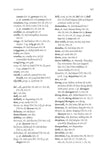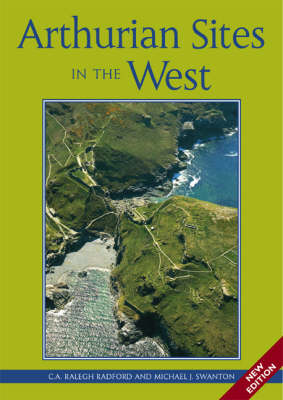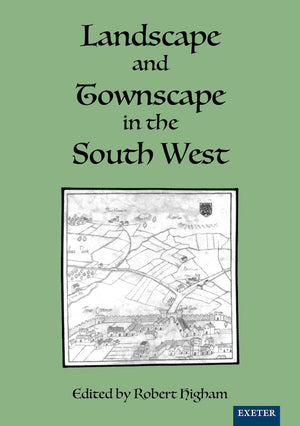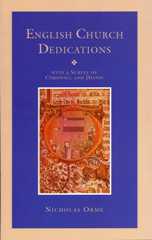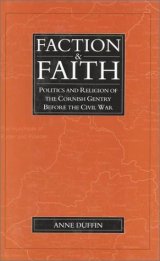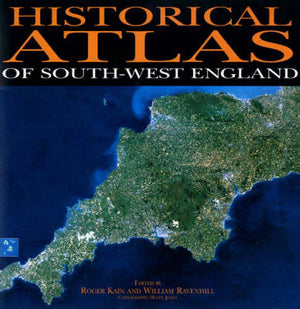University of Exeter Press
Sacrament an Alter/The Sacrament of the Altar
A critical edition with translation
Couldn't load pickup availability
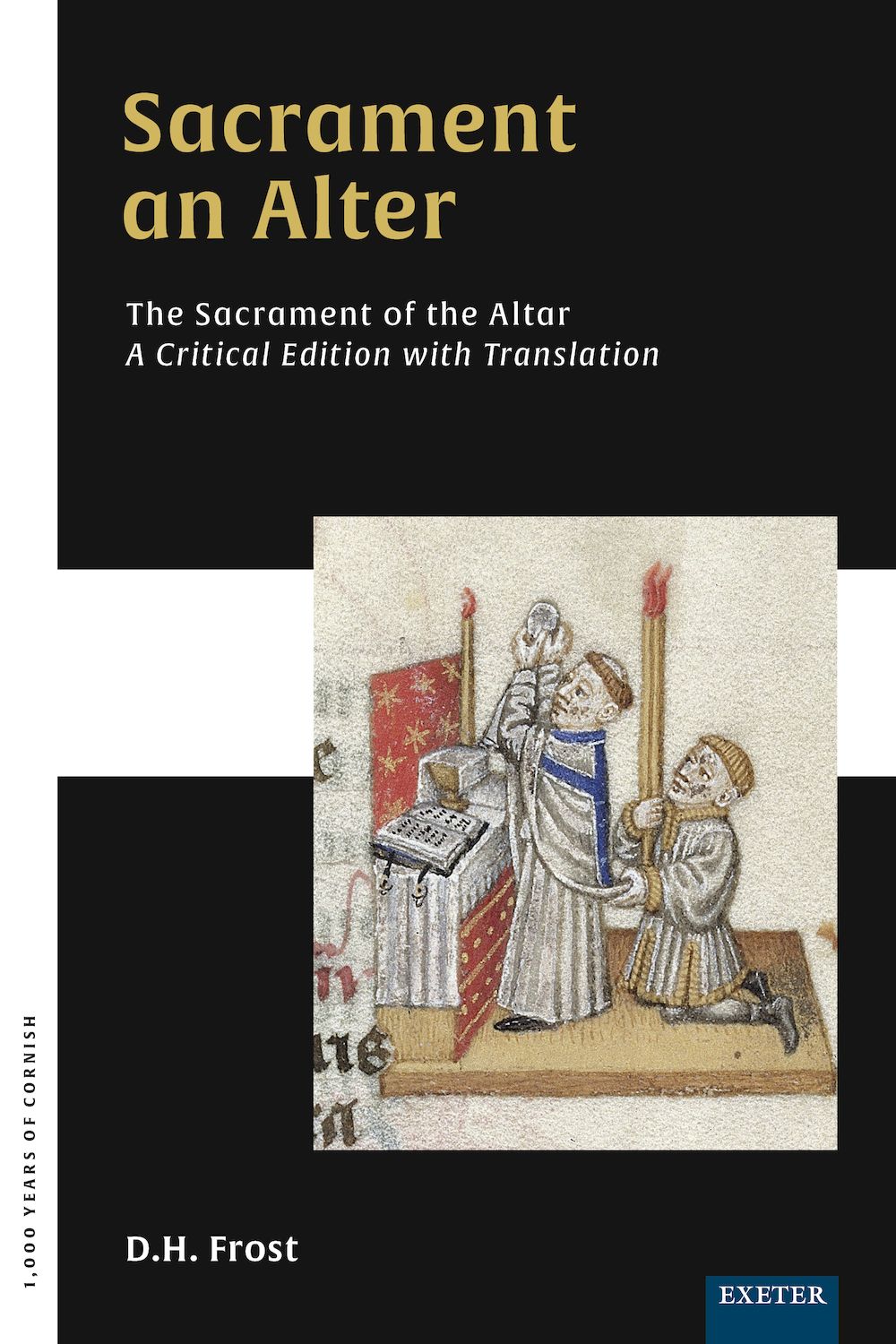
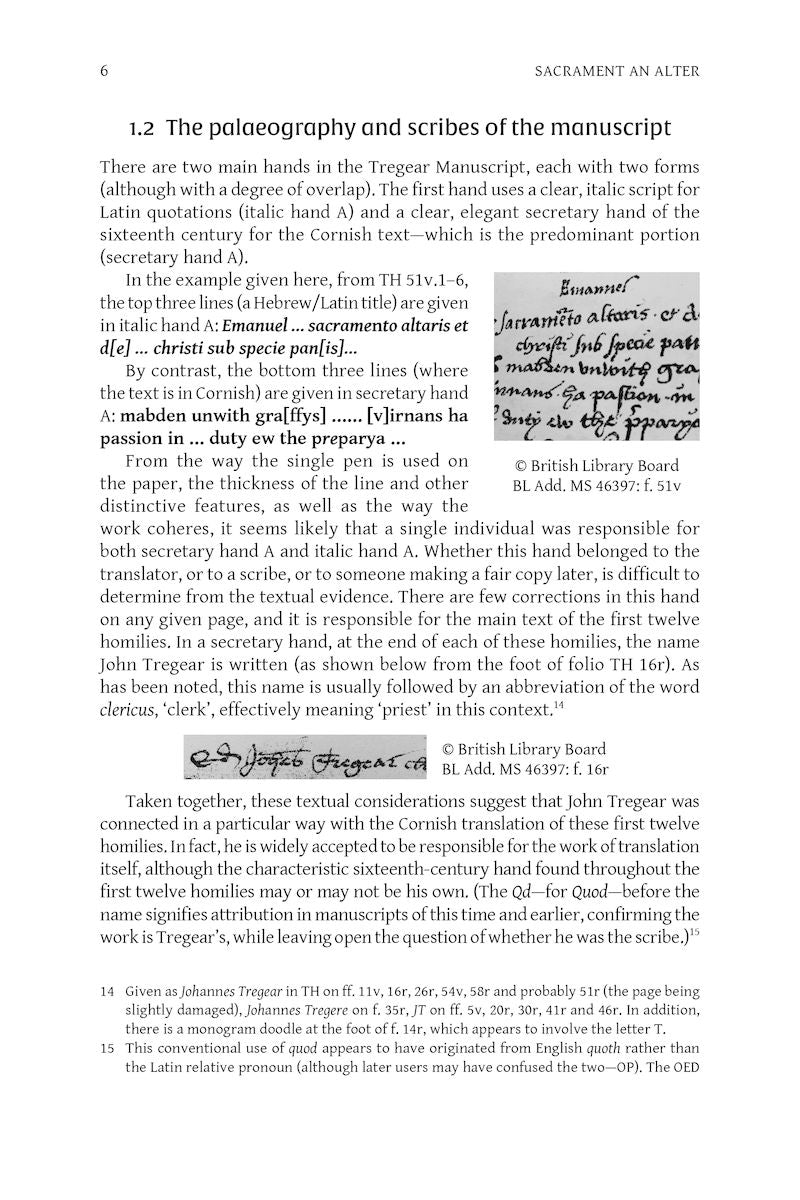
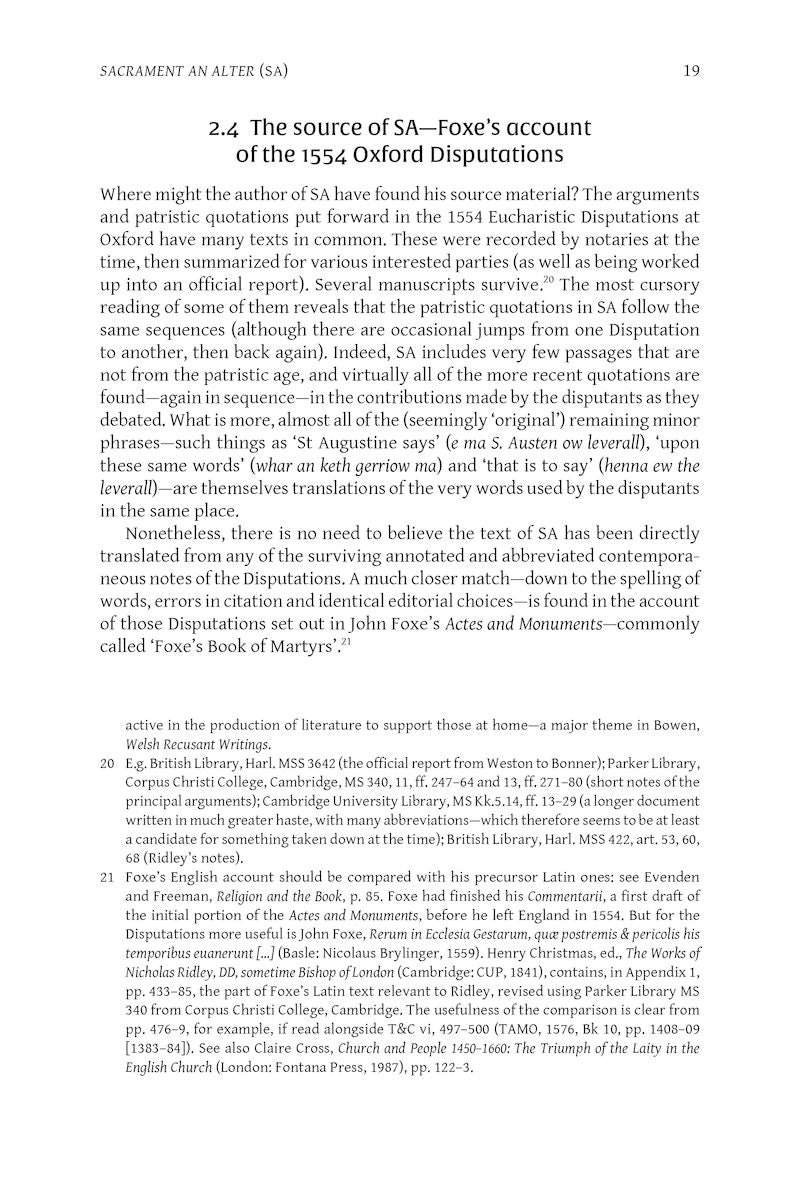
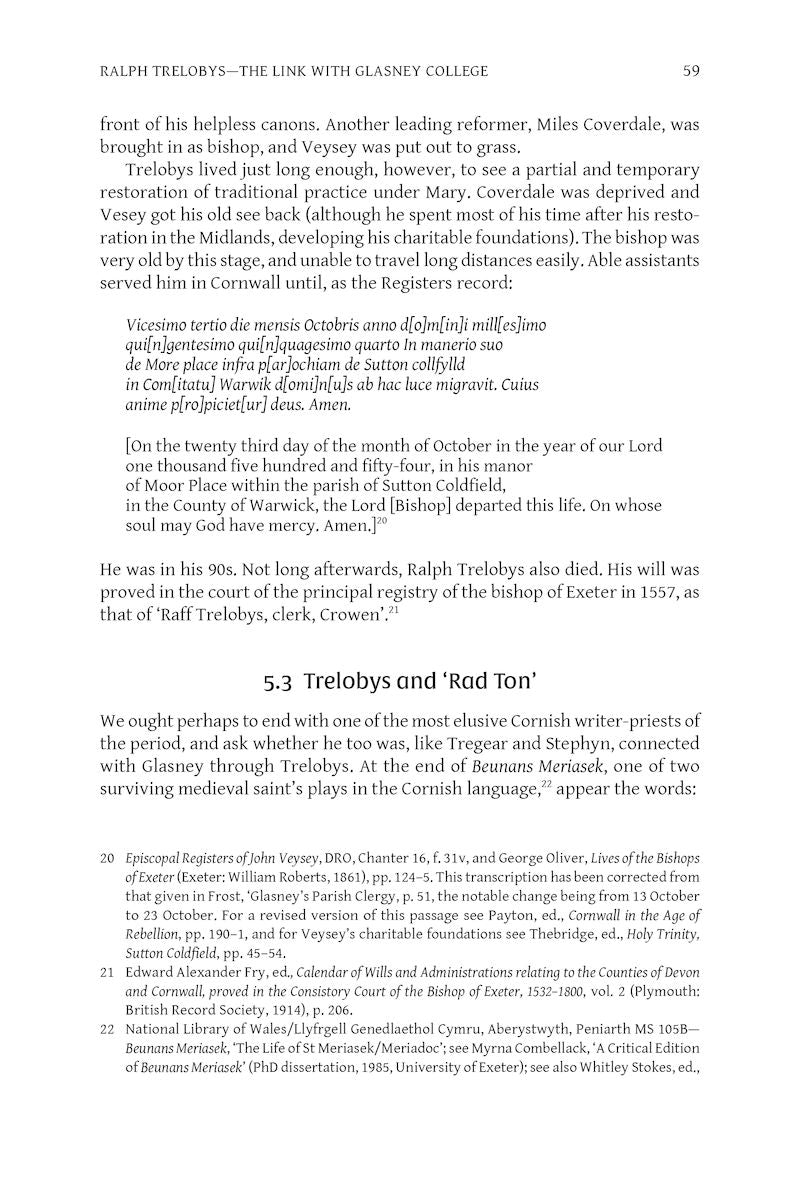
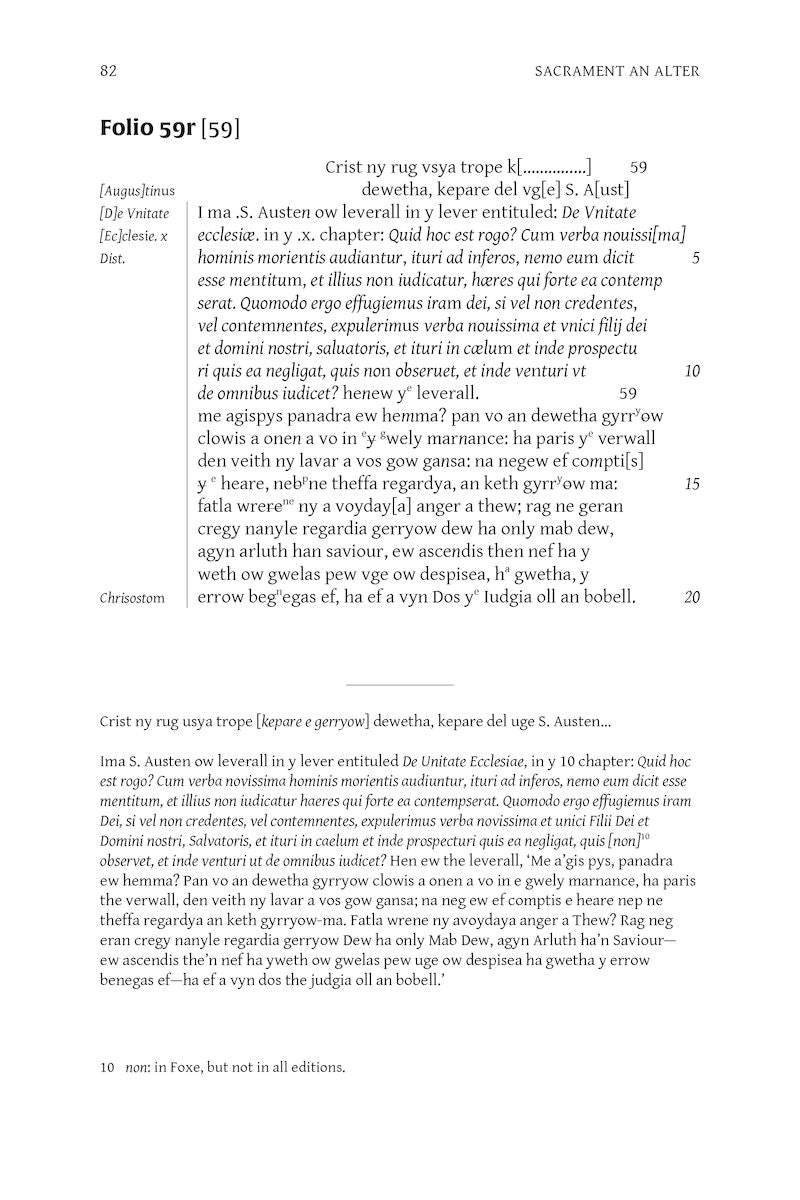
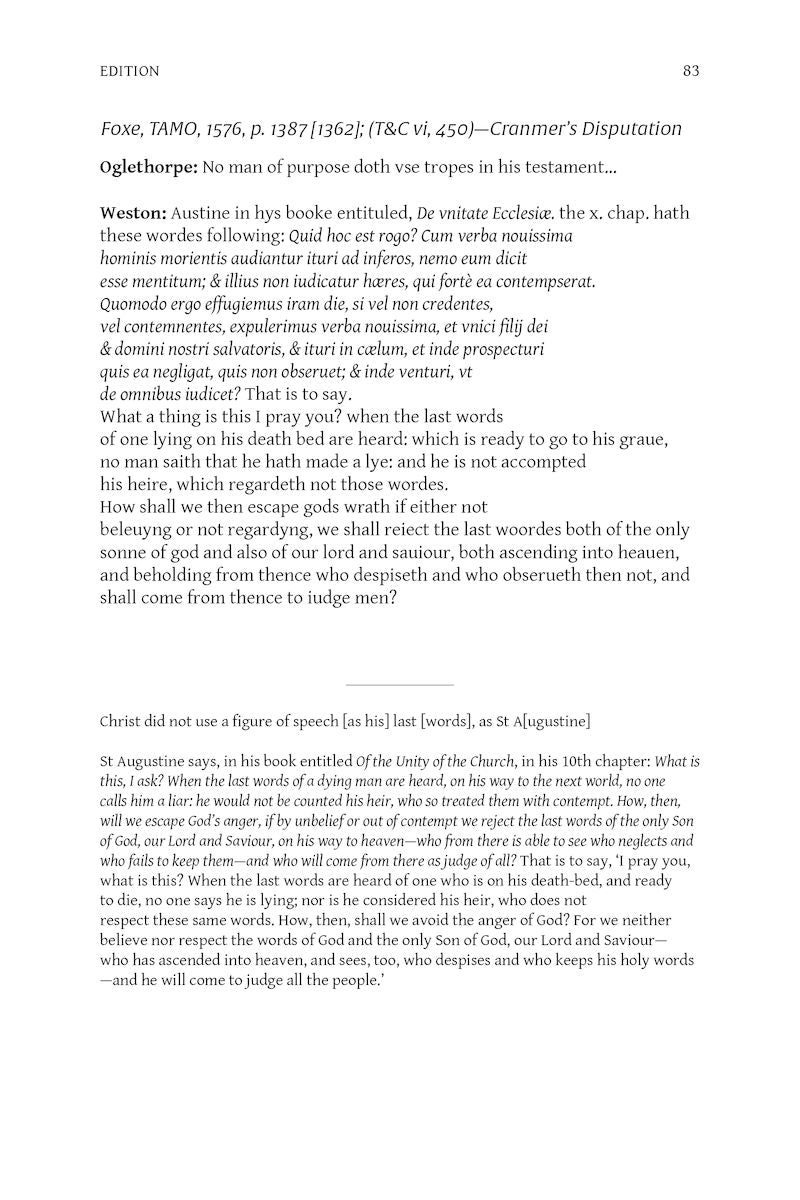
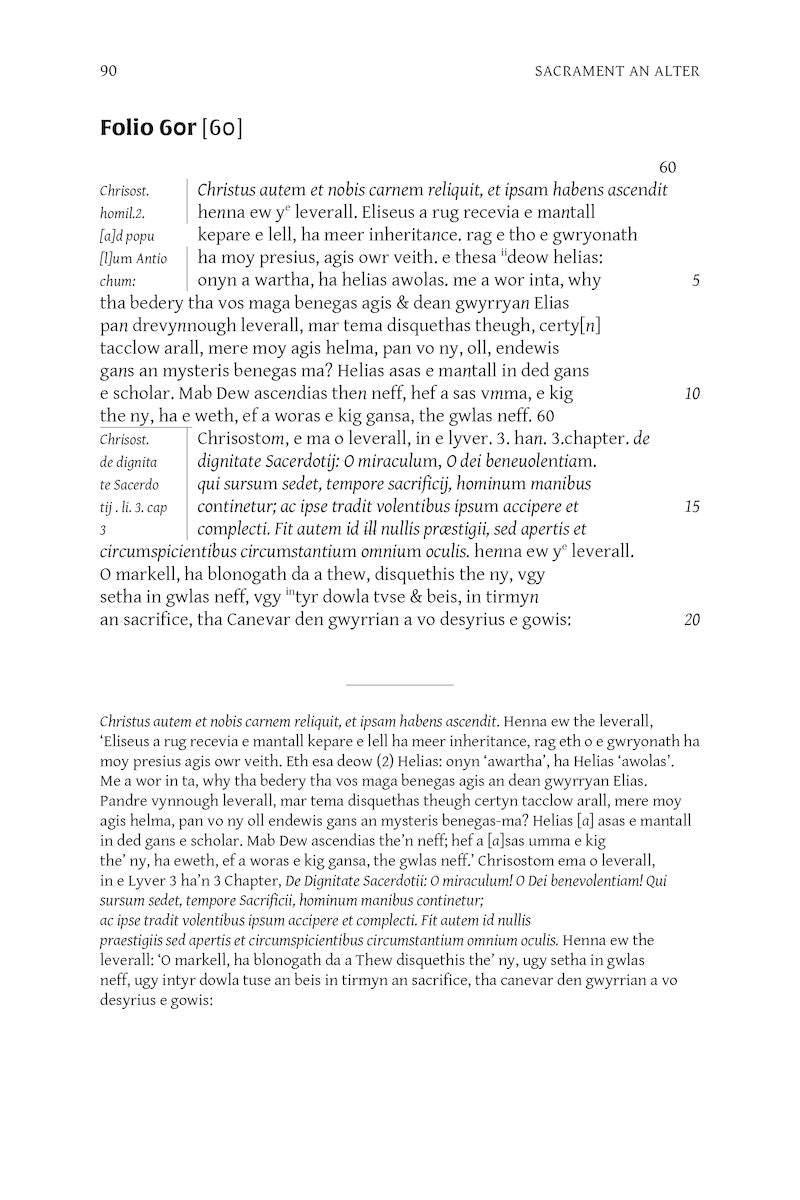
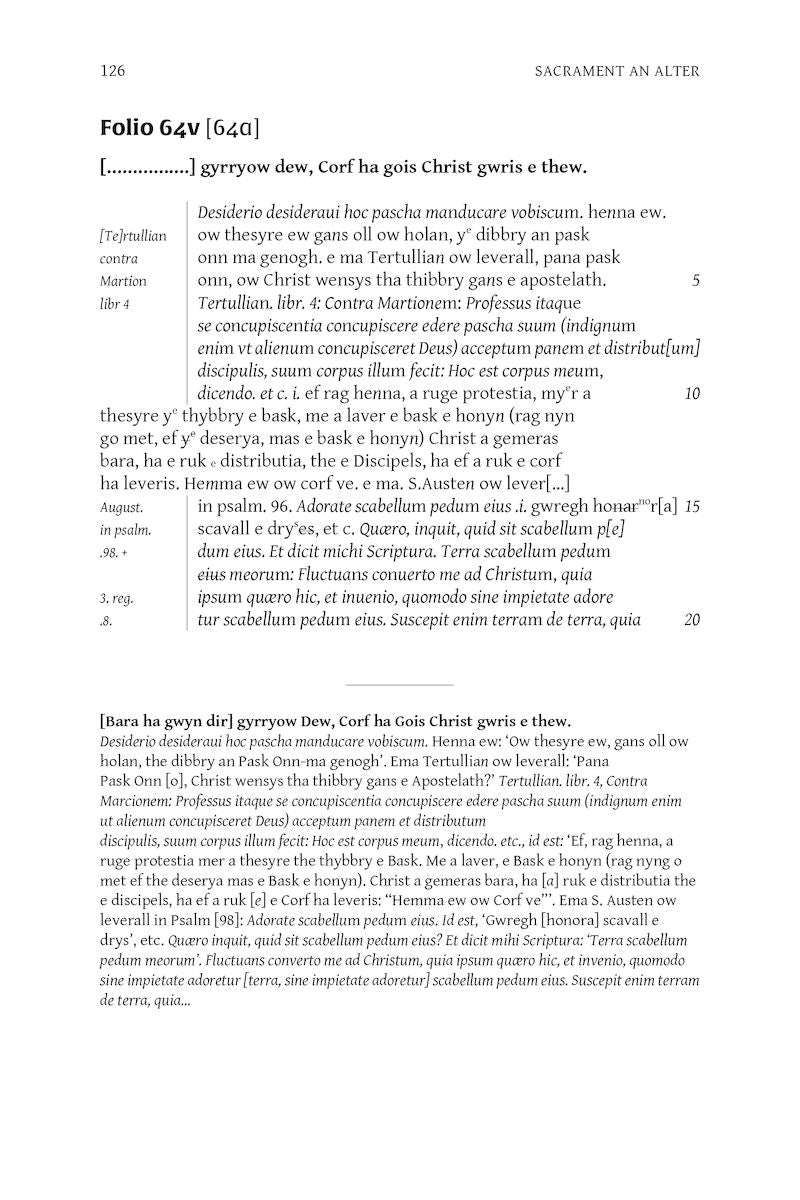
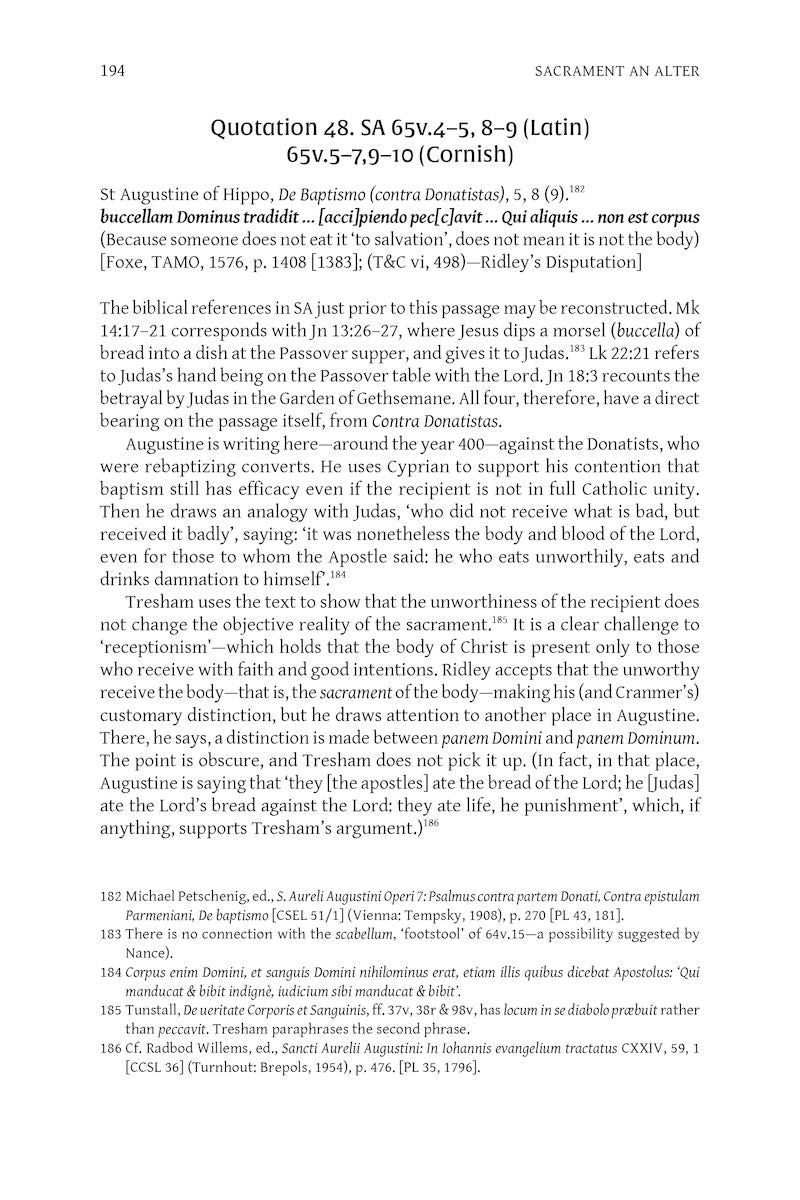
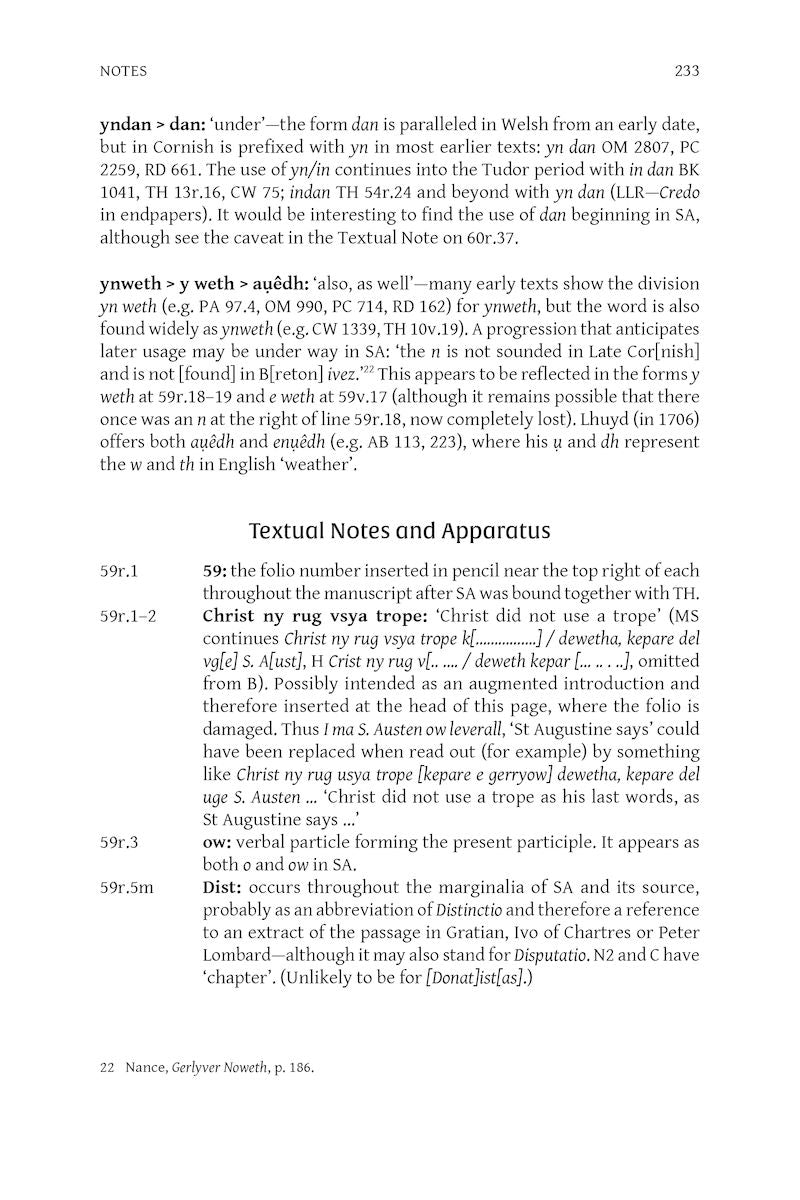
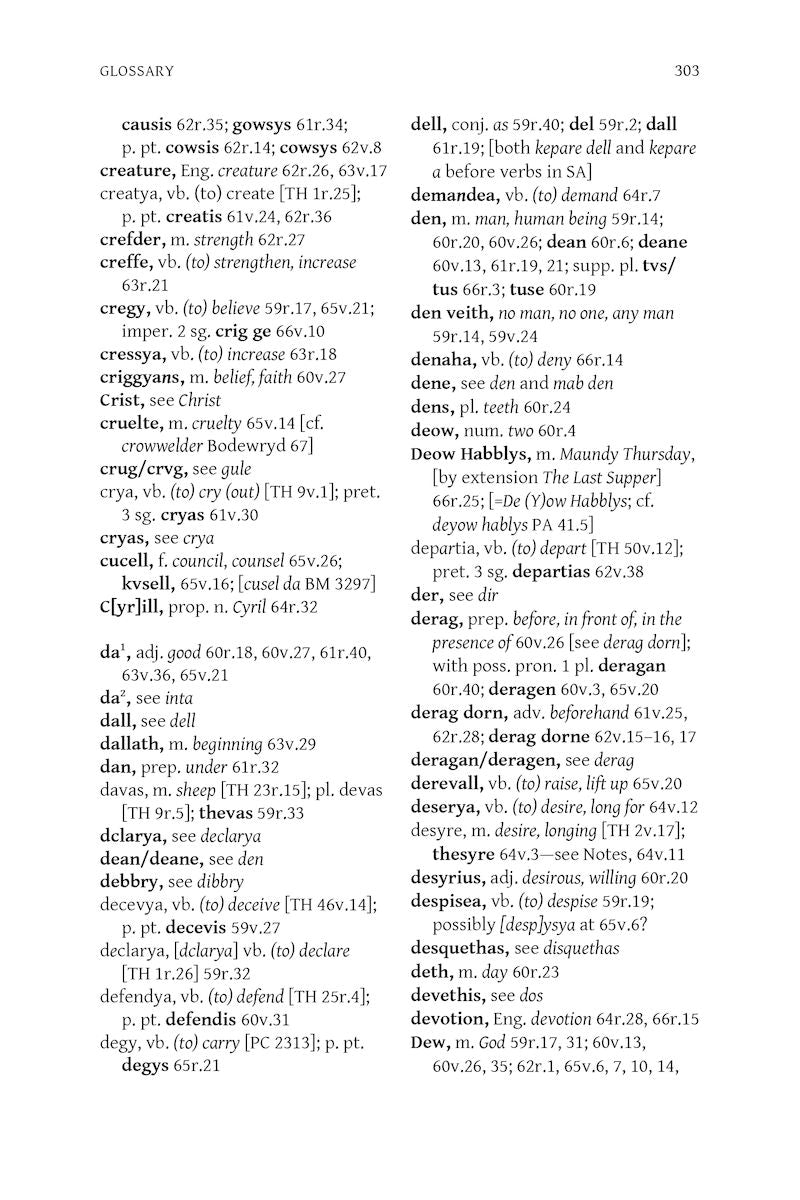
- 336 Pages
Holyer an Gof Winner 2024: Non-Fiction Class 5a
‘Sacrament an Alter’ (The Sacrament of the Altar) is a Cornish patristic catena selected and translated from Foxe’s Book of Martyrs, which is attached to the translation of Bishop Bonner’s Homilies in the Tregear Manuscript (BL Add. MS 46397). No complete critical edition of the Tregear Homilies has been published since the manuscript’s discovery, yet it is the longest surviving example of Cornish prose. The so-called thirteenth homily, ‘Sacrament an Alter’ is a work in its own right, of a later period than the other twelve homilies, and represents a distinctive form of Cornish.
In addition to establishing authorship, date, sources and historical context of this important text, the present book offers a complete and accurate transcription of the manuscript, along with an edited version thereof, a translation and all the relevant source passages—largely taken from the account of the 1555 Oxford Disputations given in John Foxe’s ‘Acts and Monuments’. A full commentary then explores hermeneutical, theological and dialectic issues arising from the text. Extensive notes concentrate on interesting features of the Cornish—making a significant contribution to the study of the late evolution of Cornish, since the language can be dated to around 1576, halfway between that of John Tregear and William Jordan, author of the Creation of the World.
This first ever critical edition of a pivotal Cornish-language text opens to the Tudor historian—and the general reader—a previously closed window (due to its language) on a crucial example of the reception of Foxe, and gives fascinating insights into a possible alliance between Church Papism and recusancy in Tudor Cornwall.
This first critical edition of the Cornish text Sacrament an Alter is a tour-de-force, clearly identifying the manuscript's context and theology, as well as greatly contributing to our knowledge of the Cornish language as spoken at the start of the last quarter of the 16th century. Historians of Catholic recusancy in Western Britain will also find it a key text, hitherto obscured by the lack of a widely available translation and commentary.
Matthew Spriggs, Robyn Doohan Visiting Fellow in Celtic Studies, University of Sydney
This splendid scholarly edition provides major new insights into Cornish language, literature and history. The text is a very complex one, and Dr Frost has done it proud, taking great care to investigate thoroughly all aspects of its background. Only he could have treated so authoritatively all the areas – historical, theological, and linguistic; local, national and international – which need to be covered for a full understanding of this text.
Oliver Padel, Honorary Research Fellow, Department of Anglo-Saxon, Norse, and Celtic, University of Cambridge
This volume makes an excellent initial contribution to Exeter's major new series of academic editions of Cornish literature. This hitherto little-studied and misunderstood text, which marks the transition from Middle to Modern Cornish, benefits for the first time from a full scholarly edition, the culmination of over twenty years' study by Frost.
Andrew Hawke, Centre for Advanced Welsh and Celtic Studies
Frost has produced one of the finest works of scholarship I have seen for a long time.
Fr John Hunwicke, Mutual Enrichment
This is an excellently produced volume containing a wealth of learning and scholarship which extends far beyond the text in question, but at the same time keeps the text at the center of the discussion.
Paul Russell
North American journal of Celtic studies
...the minute observation and dense explanatory annotation that accompany the critical edition render it as fine a piece of philological work as this reviewer has seen applied to any historical text in any Celtic language... When it comes to SA, so intertwined are the historical/theological and the philological/linguistic aspects that probably only Frost could have done such justice to both.
Anthony Harvey
Studia Celtica Posnaniensia
Acknowledgements
Abbreviations
INTRODUCTION
1 THE TREGEAR MANUSCRIPT
- Introduction to the Tregear Manuscript as a whole
- The palaeography and scribes of the manuscript
1.3 The purpose of Bonner’s homilies
1.4 The printing of Bonner used by Tregear
1.5 The Tregear Manuscript: increasingly significant for Cornish studies
2 SACRAMENT AN ALTER (SA)
2.1 The specific nature of SA
2.2 The scope of this critical edition of SA
2.3 The authorship, form, date and language of SA
2.4 The source of SA—Foxe’s account of the 1554 Oxford Disputations
2.5 The context of the Disputations
2.6 The specific edition of Foxe used and date of SA
2.7 How did the author compile and translate SA?
2.8 Tregear and Stephyn in the wider orbit of Glasney
3 JOHN TREGEAR—TRANSLATOR OF BONNER
3.1 John Tregear, vicar of Allen, 1544–1583
3.2 Tregear and Lawrence Godfrey
3.3 Tregear and John Tristeane—clues to place of birth and ordination
3.4 Tregear’s ‘church papism’
4 THOMAS STEPHYN—COMPILER OF SACRAMENT AN ALTER
4.1 Thomas Stephyn, vicar of Newlyn East in 1557
4.2 Thomas Stephyn, curate of Newlyn East in 1536
4.3 The possible involvement of Stephyn in an illicit pilgrimage
4.4 Distinguishing Stephyn from Cornwall, Stevyns from Devon
4.5 Thomas Stephyn’s ‘recusancy’
4.6 Other Thomas Stephyns, elsewhere in the country
5 RALPH TRELOBYS—THE LINK WITH GLASNEY COLLEGE
5.1 Ralph Trelobys, vicar of Crowan 1512–1557 and Newlyn 1518–1557
5.2 Trelobys and Glasney College
5.3 Trelobys and ‘Rad Ton’
6 JOHN FOXE
6.1 Foxe’s use of his sources
6.2 The reception of Foxe and his vision of history
6.3 Foxe and Stephyn in the light of current historiography
7 CONCLUSIONS
7.1 The end of the Marian years
7.2 Tregear, Stephyn and the journey of the manuscript
EDITION [SA 59r–66v]
Editorial Method
Edition
COMMENTARY
Hermeneutical Method
Quotations 1–71
NOTES
General Notes
Textual Notes and Apparatus
Appendix A
Appendix B
BIBLIOGRAPHY
Primary Sources:
Manuscripts
Early Printed Books
Printed and Online Source Editions and Records
Cornish Language Texts
Other Primary Sources and Records
Secondary Sources:
Published Works
Privately Circulated/Unpublished Works
Glossary
Index
- 336 Pages







